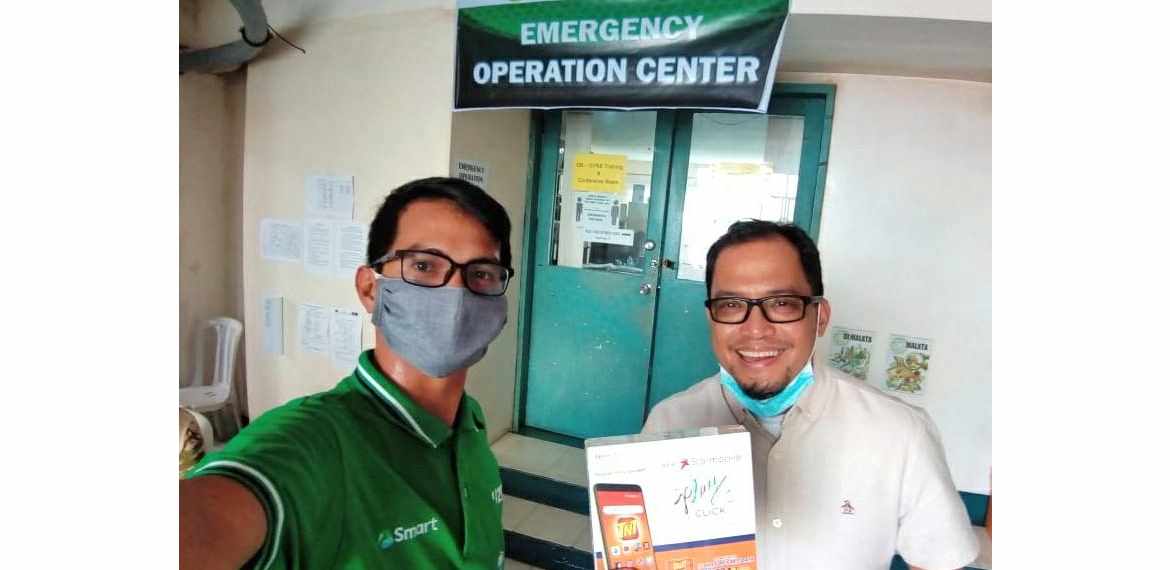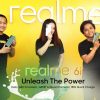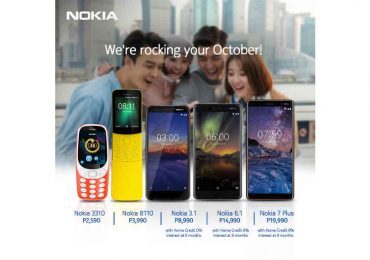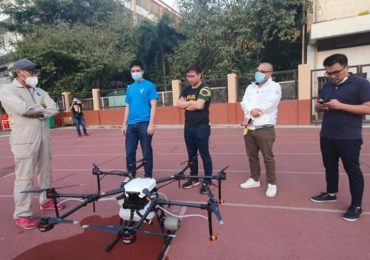Since the start of the project in late March, the NMMC doctors have collectively handled more than 400 consultations, sent out almost 200 electronic prescriptions and facilitated around 50 referrals. They have also set appointments for actual clinic consultations for cases where a clinic visit is absolutely necessary.
“A good part of diagnosing a patient is doing a complete physical,” says Dr. Ramon Yap, an internist-gastroenterologist. “But I believe the majority of patients can be safely managed through teleconsultation, albeit some patients may really have to be seen by a doctor in a clinic or referred to an appropriate institution like NMMC.”
The experience is new to his 17-year practice, but he says doctors have to adapt. “The threat to the doctors is very real. We also have to think about protecting ourselves and our families, aside from trying to give comfort and healing to our patients. The limited resources that we have in our locality has made the practice of medicine very daunting and probably even unsettling.”
As of the first week of April, the Department of Health (DOH) Region 10 had identified more than 4,000 persons under monitoring and around 300 under investigation. With more cases of Covid-19 positive patients and new admissions of suspected cases, the region’s health officials are not letting their guard down.
The doctors admit that there are limitations to what they can perform without a face-to-face interaction, but they are finding ways to cope with this.
Dr. Austria, a pediatrician, reports that teleconsultation has necessitated more parental engagement. He tells parents, “listen to the child’s breathing, feel their skin or pulse, touch the tummy, and describe what you find.” It is not the ideal way of examination, he concedes, so doctors should be cautious in utilizing information drawn from a teleconsultation to diagnose a patient’s condition.
Pediatrics has the highest number of consultations. Dr. Jannie Lyne Palisbo, whose clinic is closed, is grateful that she can continue to treat her patients from home. “It is reassuring to both the patient and us physicians,” she says.
Dr. Austria opines, “Teleconsultation should remain an option for patients under any circumstances that call for it, to hasten medical interventions, and to keep NMMC accessible to all the people in Region 10.”
With doctors and patients engaged in a back-and-forth exchange of information during teleconsultation, he appreciates that Smart ensures unhampered communications. The unlimited texts and calls are “a huge advantage,” enabling doctors to attend to as many patients as possible, he adds.
Dr. Peter Quiaoit, NMMC medical training officer, also thanked Smart for making the out-patient department services “a phone call away” in the time of crisis.
“Smart is committed to providing innovative communications solutions that help fight the Covid pandemic. The NMMC has taken a new path, using technology to enable their doctors to treat patients despite the current restrictions. That’s why we are quite happy to support their initiative,” said Mon Isberto, Smart public affairs head.
This being the institution’s first time to implement teleconsultation, the Telekonsulta team faced a lot of challenges, including a lack of proper guidelines or standard operating procedures, especially in consideration of patients’ informed consent and data privacy. Dr. Austria adds, “We also lacked essential materials, gadgets and enough volunteers to keep teleconsultation running. However, with support from our hospital administration and private companies like Smart, we were able to set it up eventually.”
With the proper equipment and appropriate systems in place, teleconsultation will surely be part of the future of medical practice. As access to the internet and data-capable phones increases, there will be huge improvements in teleconsultation results, lowering the risk of misdiagnosis. With the Covid-19 pandemic far from over, and the risks remaining for even longer, interventions such as this will become part of the new normal, and technology will play a huge part.












